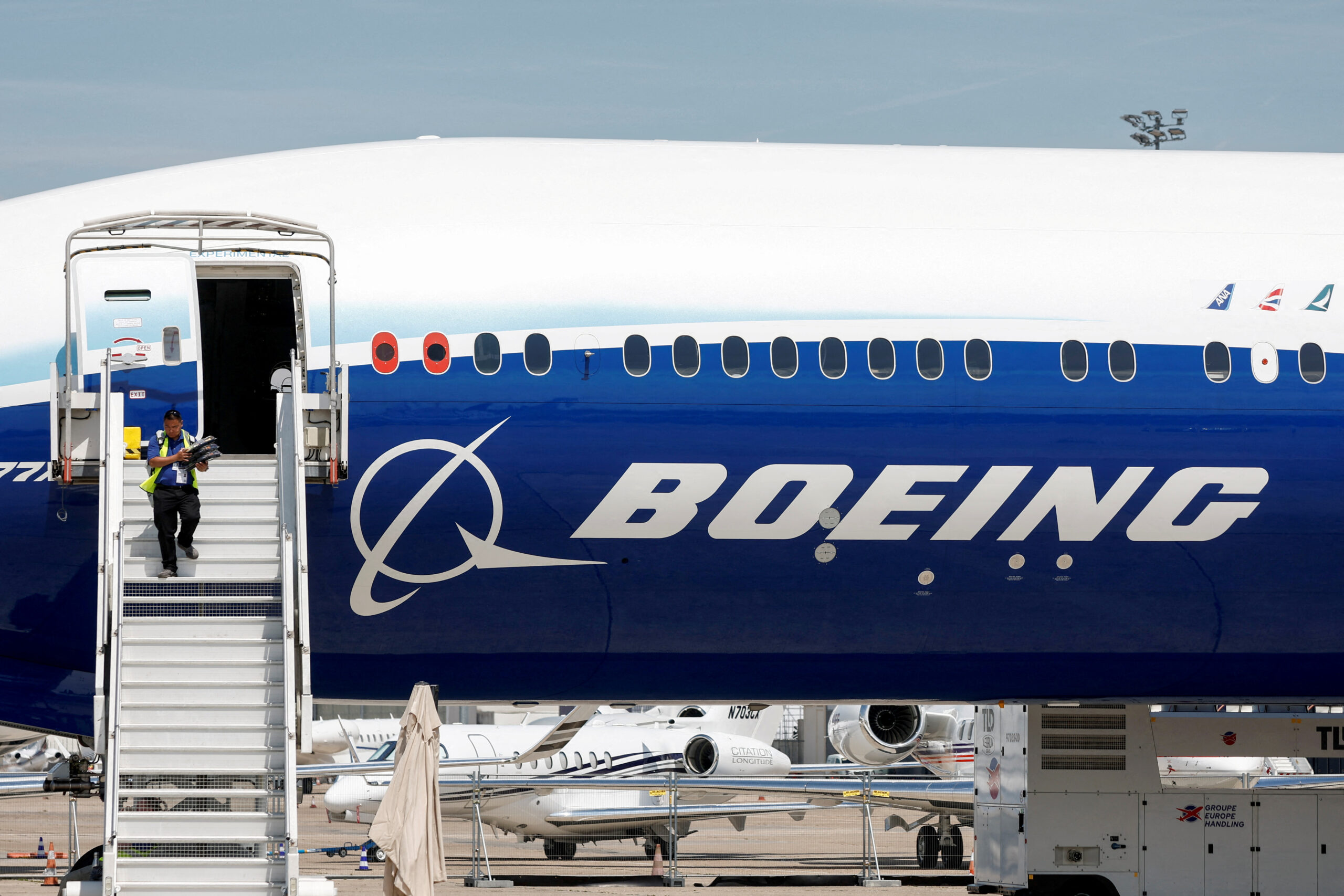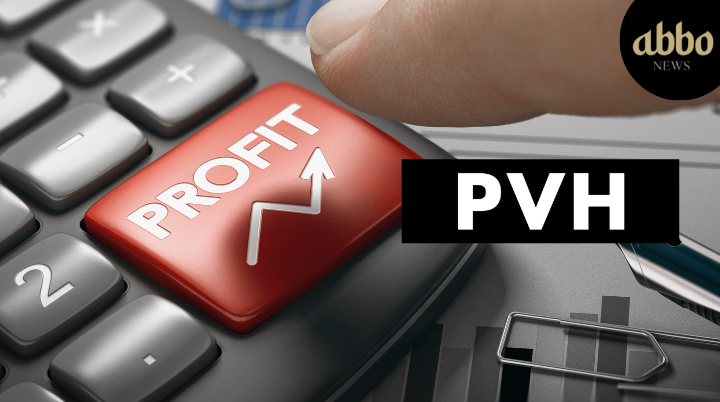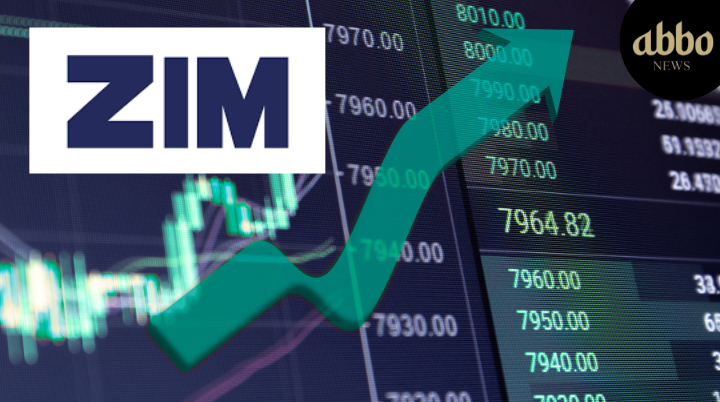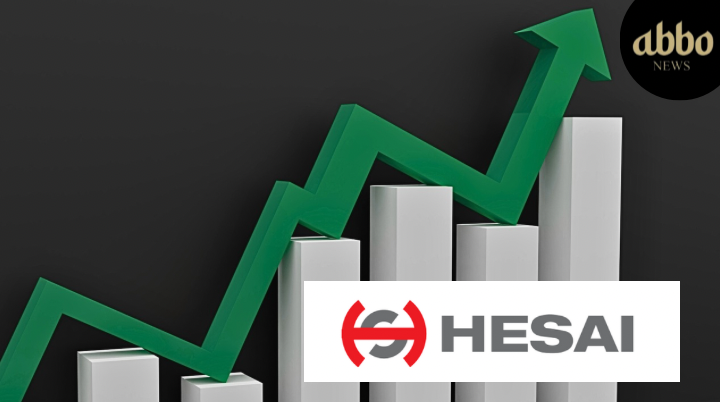Boeing (NYSE: BA) CEO Kelly Ortberg laid out a cautious path to turn the company around on Wednesday, calling for a “fundamental culture change” at the struggling planemaker as its quarterly losses surged to $6 billion due to a crippling strike.
Boeing has racked up losses of nearly $8 billion for the current year after the strike halted production of its 737 MAX, 777, and 767 planes and an ailing defense and space division hammered its business. The planemaker was already wrestling with a quality crisis from a January mid-air panel blowout.
Boeing CFO Brian West told analysts he expects the company will continue burning cash in full year 2025 and the last three months of 2024, sending shares of Boeing (NYSE: BA) down 1.7% to $157.15.
In a letter to employees Wednesday morning, Ortberg stressed the need for improving performance in its defense business and its 737 MAX and 777 programs while broadly stabilizing Boeing.
Ortberg went further than his recent predecessors in acknowledging the damage to Boeing’s reputation has voided the company’s “iconic” status, a term he used to describe Boeing when he was named as its new chief executive in August.
“This is a big ship that will take some time to turn, but when it does, it has the capacity to be great again,” Ortberg said.
West said the company has a plan to address Boeing’s balance sheet in the near term that could include an offering of equity and equity-linked securities but did not specify a time frame. Reuters has reported the raise could be around $15 billion.
“Based on our current best estimates of market demand, planned production rates, timing of cash receipts and expenditures, and our expected ability to successfully implement actions to improve liquidity, we believe it is probable that we will be able to fund our operations for the foreseeable future,” Boeing said in a regulatory filing.
“We also believe we have the ability to access additional liquidity,” Boeing added.
In his first call with analysts, Ortberg said he is now reviewing Boeing’s businesses and long-term forecasts.
The company may end up selling some assets, as it downsizes its workforce to focus on the company’s key civil planemaking and core defense units.
“I think that we’re better off doing less and doing it better than doing more and not doing it well,” Ortberg said.
Ortberg’s call to arms follows sweeping plans for significant downsizing announced earlier this month as a strike by about 33,000 workers has dragged on for over a month.
The former Rockwell Collins executive, who took the helm of the U.S. planemaker in August, said he was hopeful that a new contract proposal being voted on Wednesday by more of the striking workers would be approved. However, analysts say ratification isn’t certain.
It is a crucial day for the planemaker, which was already struggling with the fallout from a regulator-imposed cap on production of MAX aircraft following a harrowing mid-air door panel blowout.
West said the company’s earlier 38 per month target for producing its 737 MAX, originally set for year’s end, will be delayed following the strike.
But even if the strike ends, restarting production of 737 MAX as well as 767 and 777 widebodies will be a fresh challenge given the supply chain is still struggling in some pockets.
Boeing (NYSE: BA) will also have to convince suppliers who have announced furloughs and put off investments over the last few weeks, to now reverse course and support its production plans.
“It’s much harder to turn this on than it is to turn it off,” Ortberg said, referring to its factories and the supply chain.
“We view (Kelly’s) comments as encouraging, as Boeing has historically been averse to recognizing that it has issues, let alone actually fixing them,” Vertical Research Partners analyst Robert Stallard said.
On Wednesday, Boeing (NYSE: BA) reported a quarterly cash burn of $1.96 billion, compared with a cash burn of $310 million a year earlier.
Quarterly revenue fell 1% to $17.84 billion.
Meanwhile, revenue growth in the company’s aftermarket business, Boeing Global Services, slowed to 2% in the quarter through September, compared with 9% growth last year and 7% in the first quarter of this year.
(Source: ReutersReuters)













